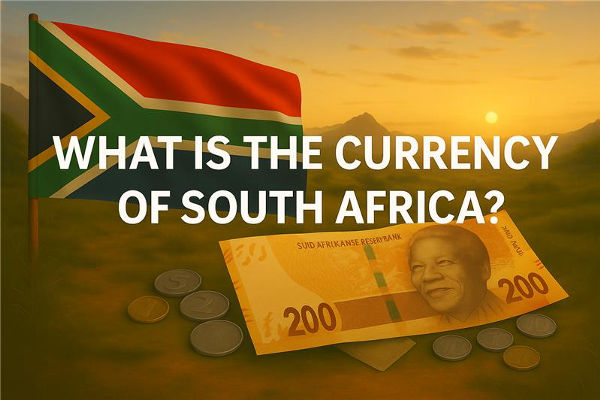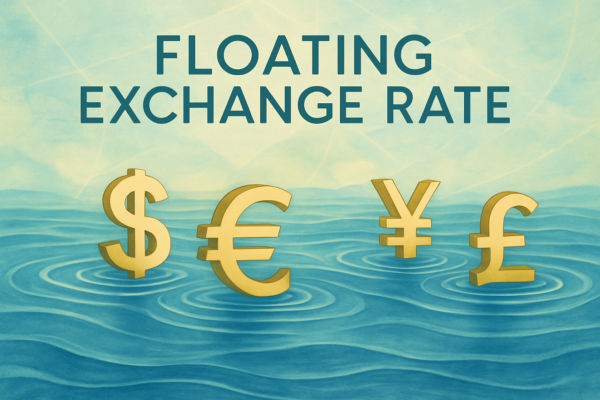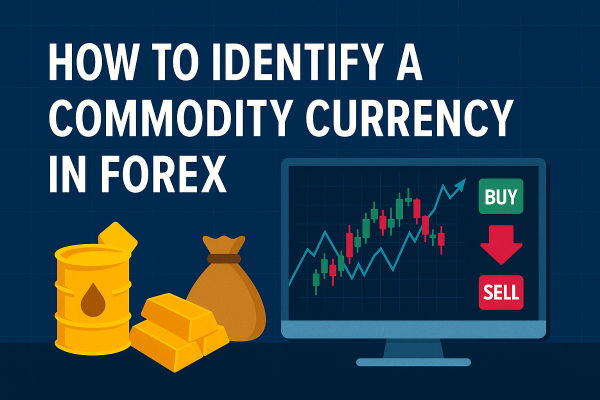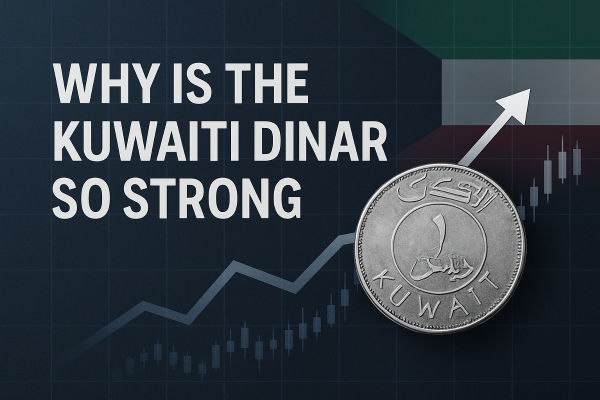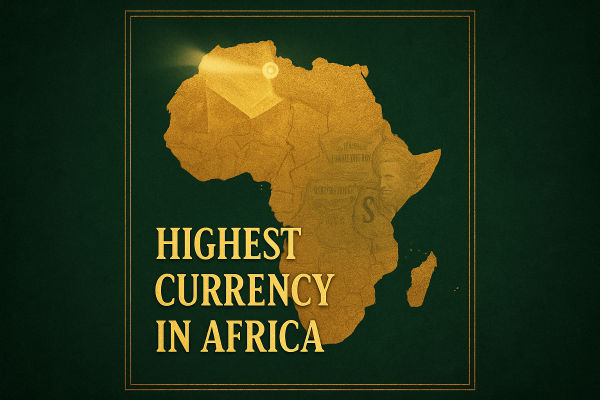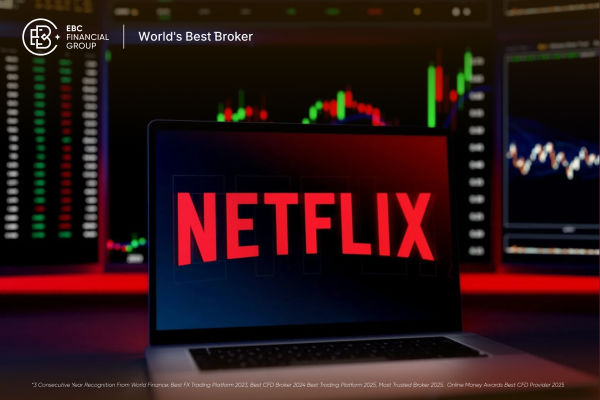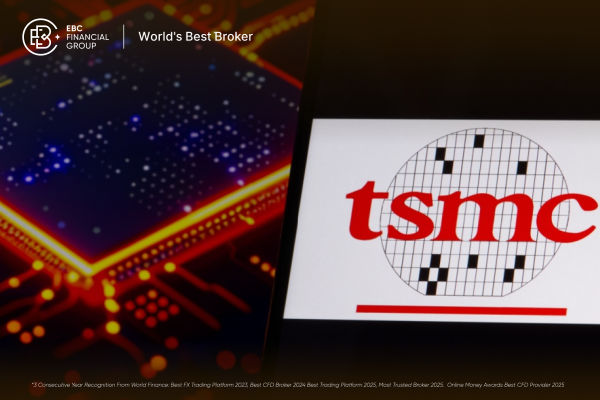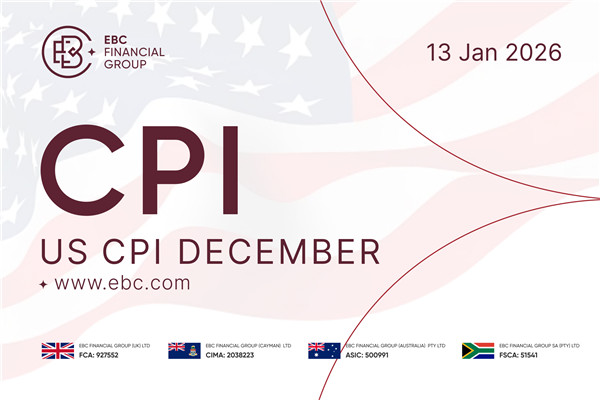If you're wondering how much 1 US dollar is in South African rands, you're not alone. The USD/ZAR currency pair is one of the most actively searched conversions in global forex markets and daily life. Whether you're travelling to South Africa, investing, or simply staying updated with currency movements, understanding the current exchange rate and what influences it is essential.
As of the latest update, 1 US dollar (USD) is approximately equal to 17.6 South African rand (ZAR). However, this figure can vary significantly throughout the day due to market conditions.
Live USD to ZAR Exchange Rate Chart
The exchange rate between the US dollar and the South African rand is highly dynamic. Traders, financial institutions, and central banks constantly influence it through economic activity, trade balances, and monetary policies.
A real-time USD/ZAR chart is the best tool for tracking this. Most financial platforms—like Google Finance, Bloomberg, or XE.com—offer up-to-the-minute data showing fluctuations and historical patterns.
Here's an example of how the rate has moved recently:
 Rates like these change throughout the day and may differ slightly between banks, apps, or exchange bureaus.
Rates like these change throughout the day and may differ slightly between banks, apps, or exchange bureaus.
What Affects the Dollar to Rand Exchange Rate?
 Many economic and political factors influence the exchange rate between the dollar and the rand. Some of the most important include:
Many economic and political factors influence the exchange rate between the dollar and the rand. Some of the most important include:
Interest Rates: Higher interest rates in the US attract foreign investment, boosting the dollar.
Inflation: Lower inflation in the US usually leads to a stronger dollar relative to the rand.
Political Stability: Political uncertainty in South Africa often weakens the rand.
Commodity Prices: South Africa is rich in gold and platinum. A drop in these commodity prices can reduce foreign earnings and pressure the rand.
Global Risk Appetite: In times of global economic uncertainty, investors often prefer the dollar as a "safe haven" over emerging-market currencies like the rand.
How Often Does the USD/ZAR Rate Change?
The USD/ZAR exchange rate can change by the second, especially during business hours in either country. Foreign exchange (forex) markets operate 24 hours a day, five days a week, and the rate can be affected by:
Even small news updates can trigger movement. For example, an announcement by the US Federal Reserve or South Africa's Reserve Bank could cause the rand to weaken or strengthen within minutes.
Where Can You Convert USD to ZAR at the Best Rate?
When converting dollars to rands, the exchange rate you receive depends on where and how you convert. Here are your options:
Most commercial banks in both the US and South Africa offer currency conversion. Their rates may include a spread (markup) and transaction fees.
Available at airports or malls, these are convenient but often have less favourable rates than banks or digital services.
Platforms like Wise (formerly TransferWise), Revolut, or PayPal may offer better rates and lower fees for small-to-medium transfers.
Withdrawing rands directly from an ATM using a US-based debit card is an option, though you may incur foreign transaction fees.
Tip: Always compare exchange rates and fees before converting large amounts, and avoid converting money at airports if possible due to high markups.
Final Thoughts
The value of 1 US dollar in South African rands may seem like a straightforward query, but it reflects a complex web of global economics, political developments, and market sentiment. Keeping track of live rates and understanding the forces that drive them can help you make more informed decisions, whether you're exchanging currency, planning travel, or investing abroad.
For the most accurate conversion, always refer to real-time exchange tools and consult with a financial advisor or reputable currency service before committing to any significant transfers.
Disclaimer: This material is for general information purposes only and is not intended as (and should not be considered to be) financial, investment or other advice on which reliance should be placed. No opinion given in the material constitutes a recommendation by EBC or the author that any particular investment, security, transaction or investment strategy is suitable for any specific person.
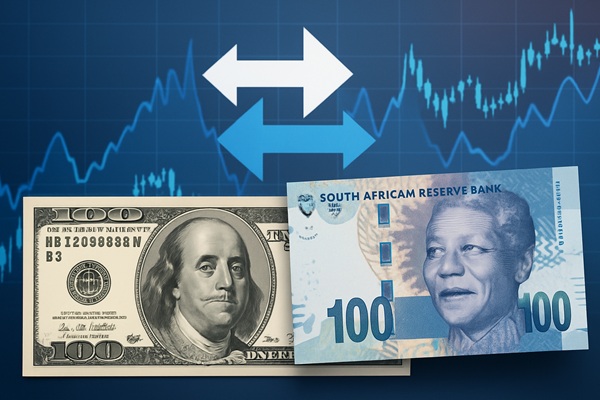


 Rates like these change throughout the day and may differ slightly between banks, apps, or exchange bureaus.
Rates like these change throughout the day and may differ slightly between banks, apps, or exchange bureaus. Many economic and political factors influence the exchange rate between the dollar and the rand. Some of the most important include:
Many economic and political factors influence the exchange rate between the dollar and the rand. Some of the most important include:







